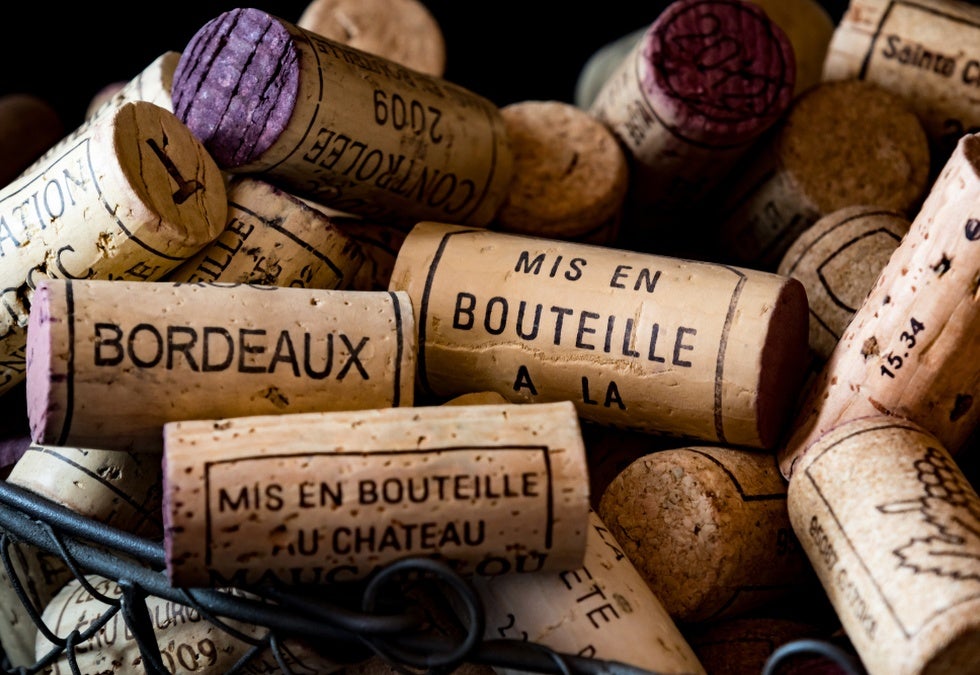Prices in the ‘fine’ wine market fell by 12% in 2023, led by Champagne, “young” Bordeaux and “certain Burgundy pockets”, data suggests.
According to UK wine and spirits merchant Bordeaux Index, a “settling” of the market was to be expected last year following high price increases in 2021 and 2022 – particularly in Champagne (which grew 69% year-on-year) and Burgundy (up 58%).
It its Fine Wine And Rare Whisky Markets report for 2023-2024, Bordeaux Index said the final two months of 2023 were “more stable and with more interesting demand pockets”, paving the way for “opportunistic trading” in 2024.
“After such a strong run across 2021-2022, a settling of activity and prices was to be expected in 2023, certainly looking at historical trends,” Matthew O’Connell, CEO of Bordeaux Index’s online trading platform LiveTrade and head of investment, said.
“However, the year saw an activity decline far beyond our initial expectations and this meaningfully impacted prices, especially in the second half.”
The London-headquartered company cited slowing interest rates in recent months as “cause for optimism” in the year ahead, providing an “ongoing and underpinning demand tailwind”.
While it does not foresee upward momentum in fine-wine pricing in the first quarter of the year, Bordeaux Index noted “scope for opportunistic trading” in the interim, particularly in “young-middle aged Champagne, certain top Burgundies and oversold key Bordeaux wines”.
Bordeaux Index reports different tale for whisky
While fine-wine prices and volumes dipped in 2023 compared to 2022, prices of rare whisky grew 13%. Bordeaux Index said similar volumes were sold compared to the year prior.
“We see the trajectory of rare whisky in 2024 most likely as ‘more of the same’ – though higher activity could see upside certainly from the pace of price gains in 2023,” O’Connell said.
Bordeaux Index’s activity concentrates mainly on old and rare Scotch and Japanese whisky, across bottles and casks.
The company highlighted 2023’s “strong performers” as J&A Mitchell & Co.’s Springbank, William Grant & Sons brand The Balvenie and Whyte & Mackay’s Dalmore whisky. Japanese whisky, however, saw a “particularly quiet year”.
It comes as analysis of the whisky-auction market by Scottish investment bank Noble & Co. last year suggested the value of the rarest and most expensive single-malt Scotch whisky was declining.
Single malts sold at auction for more than £1,000 ($1,263) declined in value by 7% in the year to October compared to the previous year as global inflation hampered investor confidence, Noble & Co. said.
Volumes, however, increased 10% year-on-year to over 8,500 sales as “general interest in the category continues to drive overall volume growth”.









